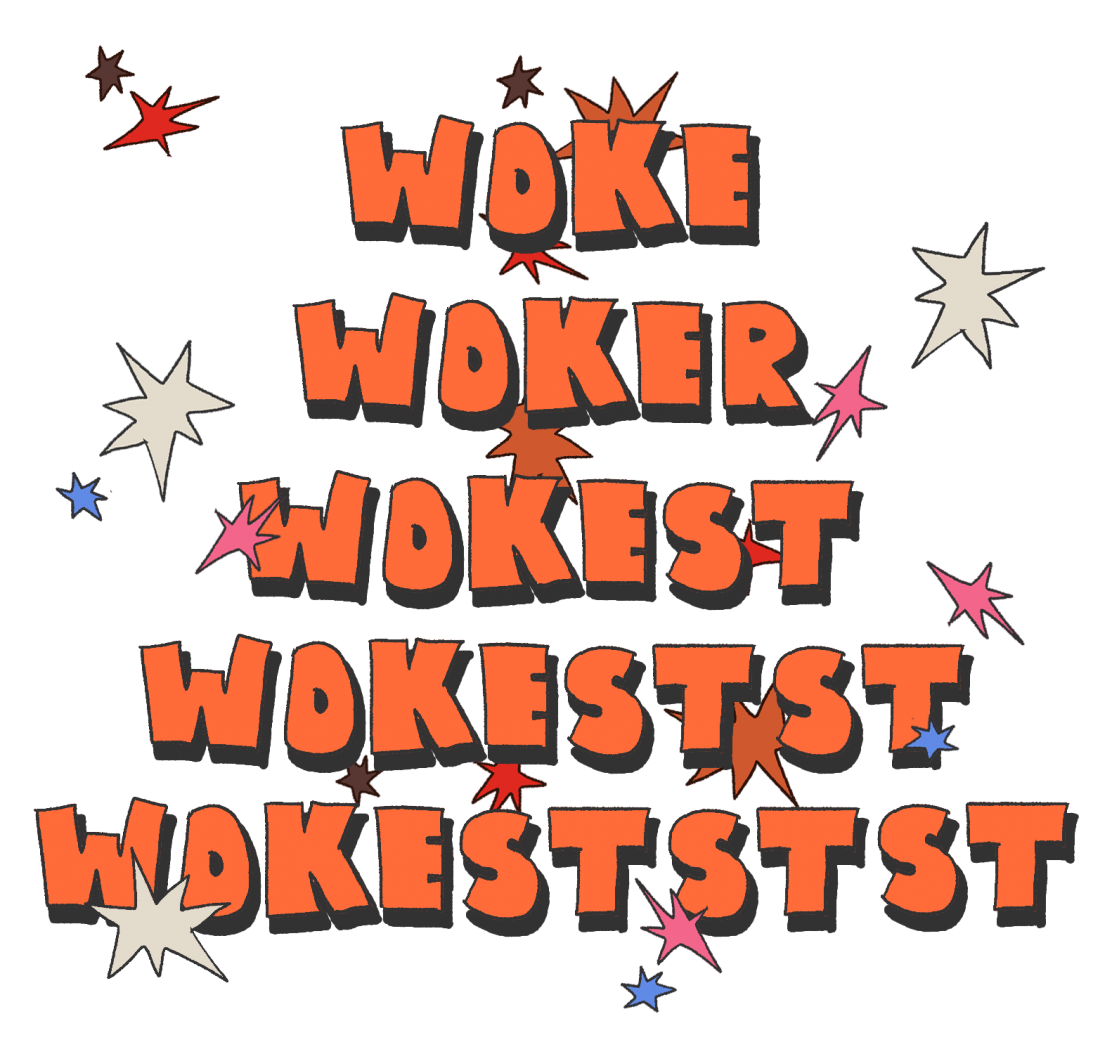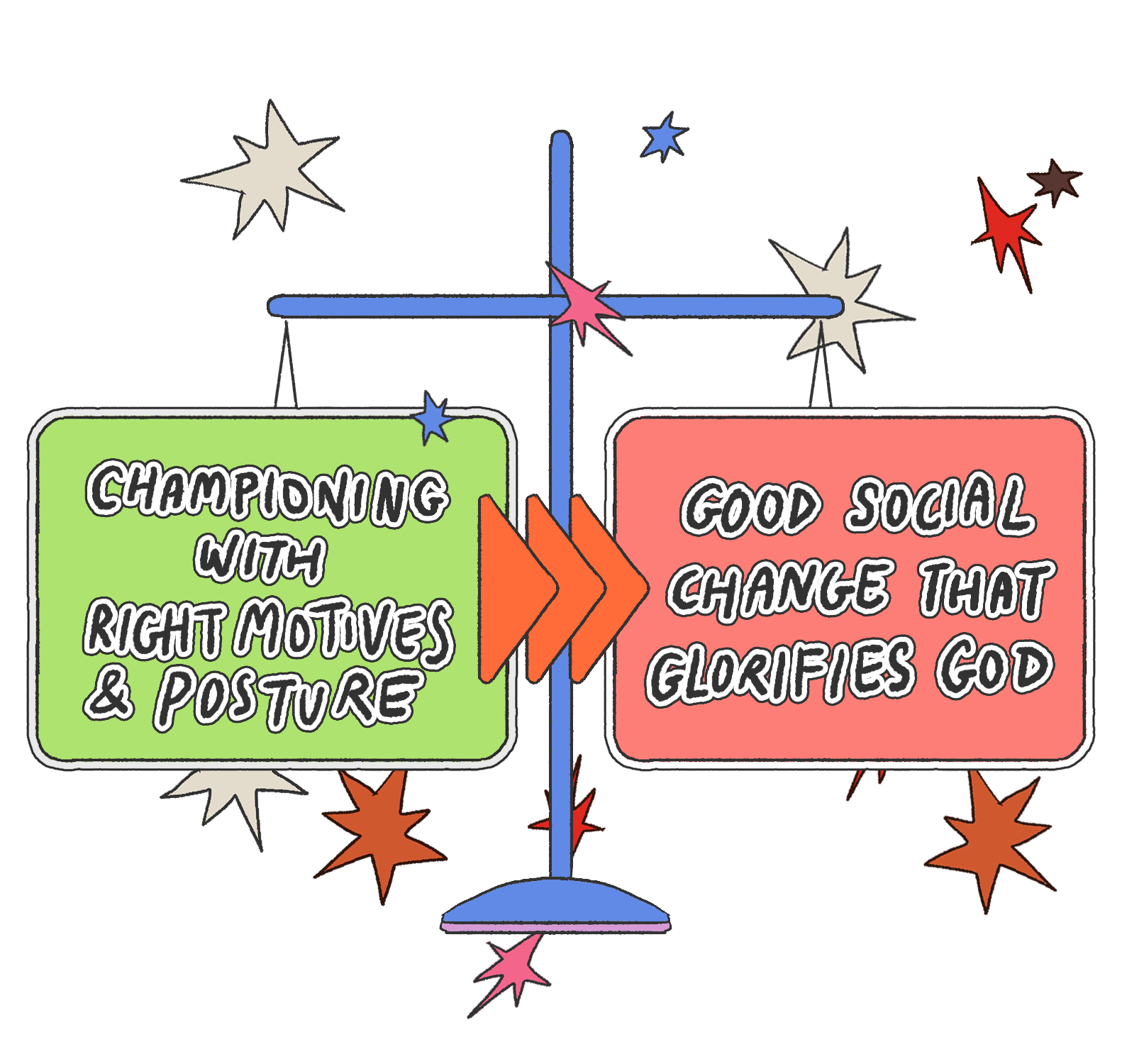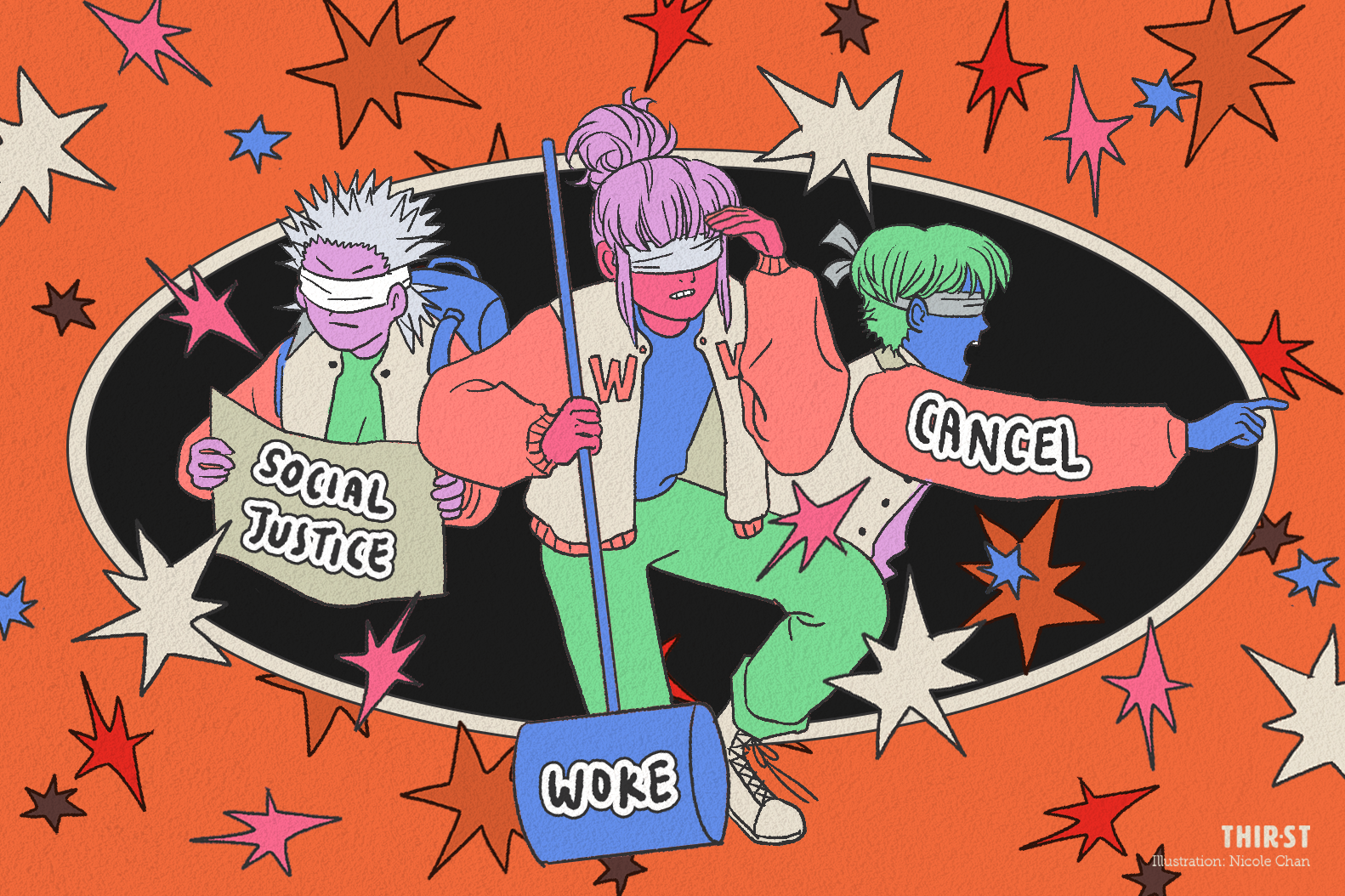- Woke: adjective, informal
- Definition: alert to injustice in society, especially racism.
- Example: “We need to stay angry, and stay woke.”
Depending on the social context, you can either be too woke, or not woke enough. Even in churches these days, you can’t be too sure if being woke is a good thing or a bad thing.
As Christians, should we support or condemn: Critical Race Theory, Black (or insert your local minority here) Lives Matter, LGBTQ rights, abortion, big government/small government, universal basic income, feminism, mandatory vaccinations or climate change legislation?
If you think the stance that Christians should take on any of these issues is clear-cut, I challenge you to speak to five Christians from a different age group or denomination. Their positions will not be uniform.
Ignoring these issues is not an option. God’s heart for justice can be seen flowing throughout the Old and New Testaments.
We are called to be salt and light in this world, and despite all the suffering and injustice around us, we are supposed to be so full of hope that non-believers can’t help but ask us where our hope comes from (1 Peter 3:15).
Maybe it’s time we take a step back, figure out why these issues are so divisive, and reclaim the Church’s rich tradition of social justice so we can show the world a better way forward.
DIVISIVENESS TODAY
It’s no secret that outrage sells. With so much competing for our attention these days, social media companies and news networks know that outrage drives traffic and engagement.
The result of this is that we are fed the most polarising facts and opinions. The middle-ground or the nuanced argument (which often requires more than 140 characters) just doesn’t sell as well.
It’s no secret that outrage sells.
Another problem that stems from having social media as our primary news source is the way their suggestion algorithms work.
Watched a video by a conservative influencer? You’ll now find more conservative videos pop up in your feed. If you’re not careful, you’ll fall into a rabbit hole that can lead you to watch stuff that’s more and more biased.

Finally, I want to introduce a term that might not be familiar to most: package-deal ethics. It’s this idea that if you consider yourself liberal or conservative, woke or un-woke, you need to subscribe to a whole “package” of beliefs.
For example, many conservative American Evangelicals believe in the criminalisation of abortion. Personally, I can see how they can justify this belief based on a Biblical worldview.
But it’s not enough to be anti-abortion. People will tell you that being a conservative Evangelical also means being against gun control, supporting Israel and voting Republican.
But is there really a coherent interpretation of the Bible and theology that justifies all these issues being lumped together? I don’t think there is.
These issues are packaged together because the political and theological beliefs of many Evangelicals in the United States have been mixed together.
RECLAIMING THE CONVERSATION
It doesn’t have to be this way. History shows us that when Christians champion social justice issues with the right posture, it results in meaningful and lasting change that glorifies God and lifts everybody up.
Take feminism, for example. The current flavour of feminism that most of us are familiar with can be classified as either second or third wave feminism.
But did you know that many Christians were the driving force behind the first wave of feminism, and that they had very different goals?
Much of the contemporary feminist and social justice causes stem from wanting to seek the rebalancing of power.
For example, since males have dominated for most of history, it’s time for females to do so. Modern-day social justice causes tend to focus primarily on the rights of the individual and often takes the form of being a power struggle.
It is a battle for dominance, and if there is a need to tear one group down so that another group may rise up, so be it.
Modern-day social justice causes tend to focus primarily on the rights of the individual and often takes the form of being a power struggle.
But the Evangelical women of first wave feminism fought for social reform not so that they could be in power, but because they were concerned with the betterment of society as a whole.
They fought for the right to vote so that they could make positive contributions to society as a whole, and not just for themselves. This quote sums it best:
“One thing which remained constant in this early Christian feminism was a commitment to others. Mostly, these women were not fighting for their own case. It was not their rights, employment, need for justice which drove them, but concern for those who were weak and oppressed: those at the fag ends of respectable society who could not present their own case.” (Michelle Lee-Barnewall, Neither Complementarian nor Egalitarian: A Kingdom Corrective to the Evangelical Gender Debate)

Another example is the Civil Rights movement, which sought to end racial segregation and discrimination in the United States during the 1950-60s.
Many modern-day social justice movements like Black Lives Matter or even the current LGBTQ movement can trace their origins to the original Civil Rights movement.
Which is why it’s important for us Christians to be familiar with the theology of one of its most famous preachers, Martin Luther King Jr.
As an ordained Baptist minister, Martin Luther King Jr’s activism was deeply rooted in his understanding of the Imago Dei, or “Image of God” from Genesis 1:27. This quote from the man himself sums up the relationship best:
“You see, the founding fathers were really influenced by the Bible. The whole concept of the imago dei, as it is expressed in Latin, the ‘image of God,’ is the idea that all men have something within them that God injected. Not that they have substantial unity with God, but that every man has a capacity to have fellowship with God. And this gives him a uniqueness, it gives him worth, it gives him dignity. And we must never forget this as a nation: there are no gradations in the image of God. Every man from a treble white to a bass black is significant on God’s keyboard, precisely because every man is made in the image of God. One day we will learn that. We will know one day that God made us to live together as brothers and to respect the dignity and worth of every man.” (Martin Luther King Jr., The American Dream)
Isn’t that a powerful quote? To Martin Luther King Jr., the white man wasn’t an enemy that needed to be defeated so that the black man could reign.
Instead, it is God who ultimately reigns, and because we are all made in His image, we must treat each other with respect and dignity.
This way of thinking profoundly affected the way he would shape the Civil Rights movement. He constantly reminded his followers not to hate their oppressors, but to love them and to never resort to violence. After all, they were made in the image of God, too.
Imagine if all current social justice movements took the following quotes by Martin Luther King Jr. seriously.
- “Love is the only force capable of transforming an enemy into friend.”
- “Darkness cannot drive out darkness; only light can do that. Hate cannot drive out hate; only love can do that.”
- “At the center of non-violence stands the principle of love.”
- “I have decided to stick with love. Hate is too great a burden to bear.”
THE WAY FORWARD
While I sympathise with many of the social justice causes that we need to be “woke” about, using the term “woke” implies that those who aren’t as concerned about the same social justice issues as us are… sleeping?
This kind of language is demeaning as it implies that those who are “woke” are more enlightened than others. When we exalt ourselves and put others down in our conversations about social justice, we betray our belief that we are all made in the image of God.
It is God who ultimately reigns, and because we are all made in His image, we must treat each other with respect and dignity.
Instead, let us take inspiration from our brothers and sisters before us. They did not ignore the social justice issues of their time, but they never saw their cause as tearing people down. They were driven by love and a desire to see their entire community, and not just a particular group, lifted up.
After all, while many modern-day social justice movements draw lines between “us” and “them”, the Gospel does the exact opposite: it tears down barriers between people and reminds us that each person is precious in the eyes of God.
Even as we pray for God’s kingdom to come, He is already inviting us to be His hands and feet to start making His Kingdom a reality in this unjust world. And what a reality it is. What a reality to hope for.
“There is neither Jew nor Gentile, neither slave nor free, nor is there male and female, for you are all one in Christ Jesus. If you belong to Christ, then you are Abraham’s seed, and heirs according to the promise.” (Galatians 3:28-29)
- What does being woke and social justice mean to you?
- What does God’s Word say about justice?
- Is there an area of justice or injustice you are passionate about?
- How might God’s definition of justice inform how you do what is right and good in society?









